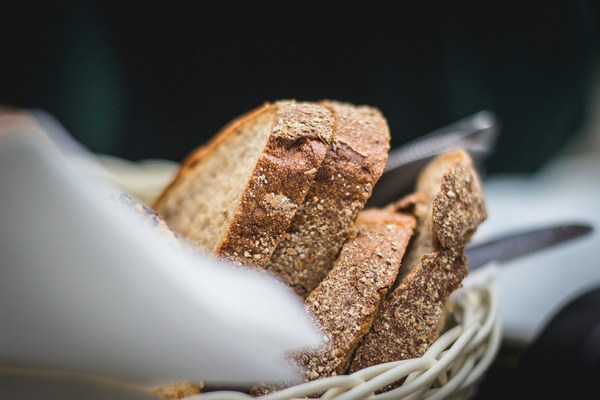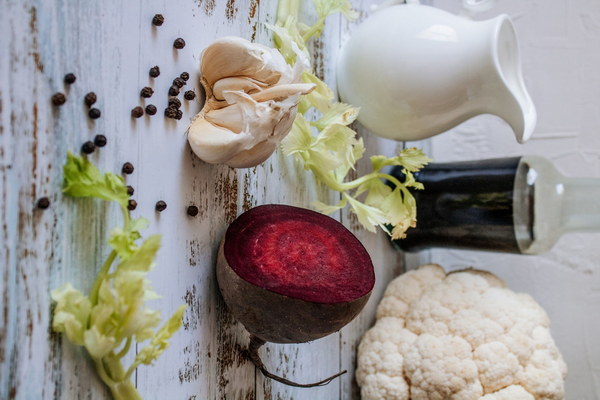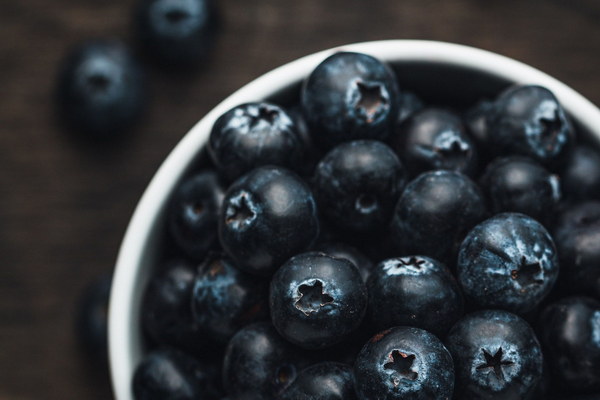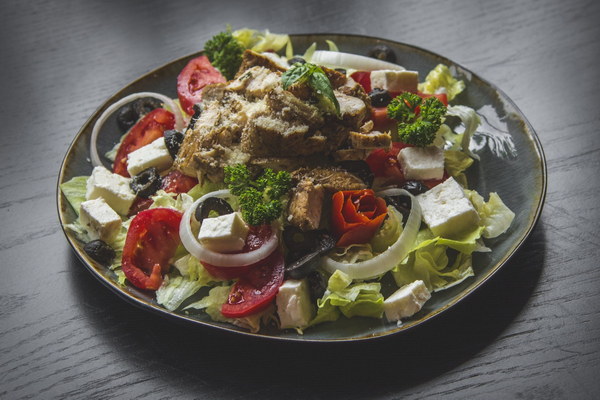Does Eating Less Help Expel Dampness Exploring the Chinese Medicine Perspective
In traditional Chinese medicine (TCM), dampness is considered an important factor that can lead to various health issues. Many individuals turn to TCM for relief from dampness-related symptoms, such as fatigue, bloating, and weight gain. One common question that arises is whether eating less can help expel dampness. Let's delve into this topic and explore the perspective of TCM.
According to TCM, dampness is a result of an imbalance in the body's yin and yang, which can be caused by various factors, such as poor diet, excessive moisture in the environment, or emotional stress. When dampness accumulates in the body, it can hinder the proper functioning of organs and lead to a variety of health problems.
The idea that eating less can help expel dampness is based on the principle of reducing the accumulation of dampness in the body. In TCM, it is believed that excessive intake of certain foods can contribute to dampness. Therefore, by consuming less of these foods, one may be able to alleviate dampness-related symptoms.
Here are some key points regarding the relationship between eating less and dampness in TCM:
1. Reducing the intake of damp-forming foods: TCM suggests that certain foods, such as sugar, dairy, and refined carbohydrates, can contribute to dampness in the body. By reducing the consumption of these foods, one may be able to decrease dampness accumulation and alleviate symptoms.

2. Increasing the intake of drying foods: In TCM, certain foods are believed to have drying properties that can help expel dampness. These include foods like ginger, green tea, and leeks. Incorporating these foods into one's diet may aid in reducing dampness-related symptoms.
3. Balancing the diet: TCM emphasizes the importance of a balanced diet that includes a variety of foods to maintain overall health. By ensuring that the diet includes a mix of nutrient-dense, whole foods, one can support the body's natural ability to expel dampness.
4. Mindful eating: TCM also emphasizes the importance of mindful eating, which involves being conscious of one's food choices and eating habits. By paying attention to the timing, quantity, and quality of food intake, one can better manage dampness in the body.
While eating less may not be a direct solution for expelling dampness, it can be a part of a broader approach that includes dietary adjustments and other TCM practices. It is essential to note that the effectiveness of these strategies may vary from person to person, and it is always recommended to consult with a qualified TCM practitioner for personalized advice.
In conclusion, according to the Chinese medicine perspective, eating less and making dietary adjustments can be beneficial for expelling dampness and alleviating dampness-related symptoms. By reducing the intake of damp-forming foods and incorporating drying foods into the diet, individuals may be able to achieve a better balance in their body's yin and yang, leading to improved overall health and well-being. However, it is crucial to approach this topic with the guidance of a qualified TCM practitioner to ensure the best possible outcomes.









